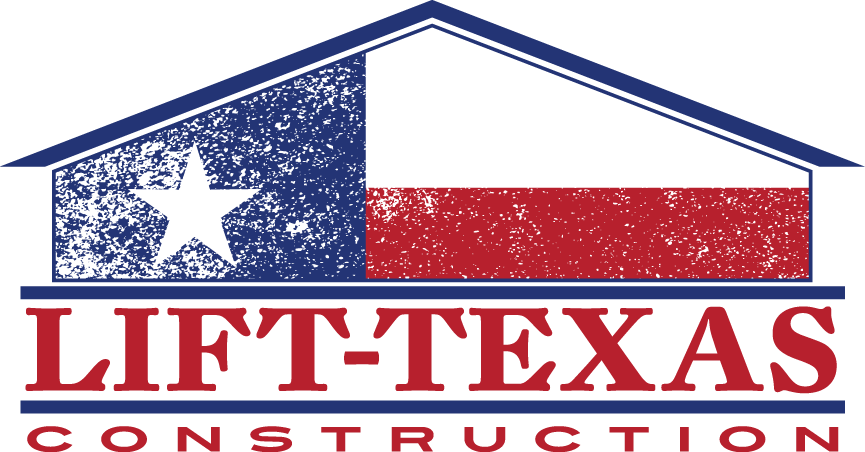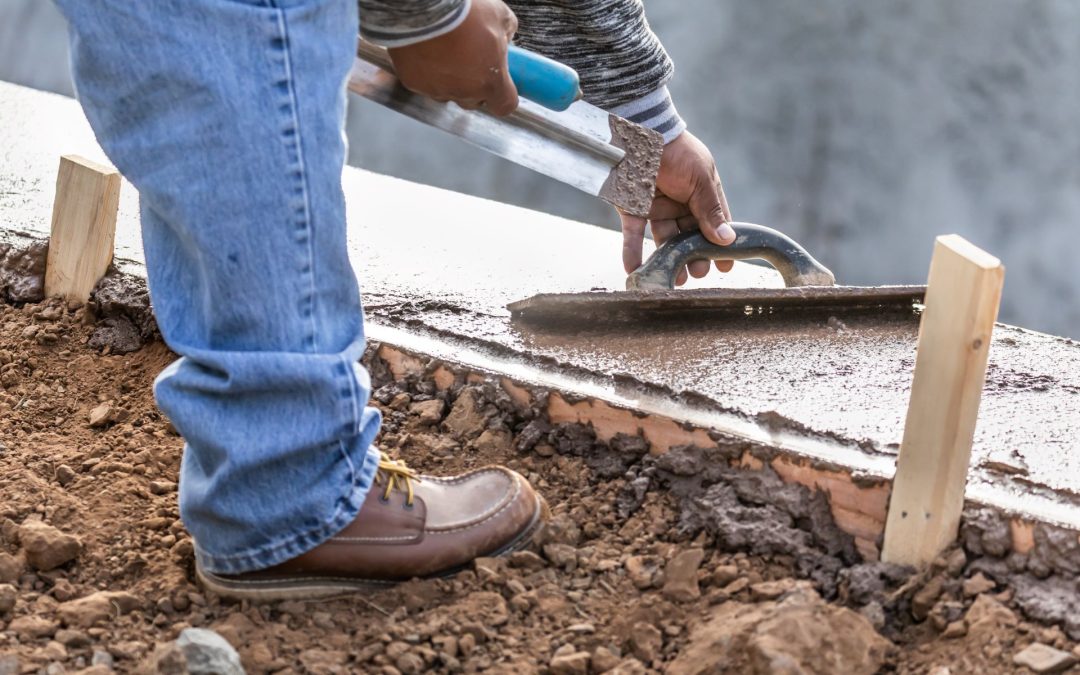Concrete leveling is a key service that helps keep your property safe and looking its best. This process makes sure that your concrete surfaces are flat and even, reducing the chance of trips and falls. Whether it’s your driveway, patio, or the floor of your business, uneven concrete can be a hazard and an eyesore.
Over time, you might notice cracks or dips in your concrete. These signs can appear for many reasons, such as shifting soil, weather changes, or just natural wear and tear. It’s important to address these issues early before they become bigger problems.
When dealing with uneven concrete, you may think about trying to fix it yourself. However, professional concrete leveling offers a long-lasting solution that DIY methods often can’t match. By choosing experts, you ensure that the job is done right, saving you money and headaches in the long run.
What Is Concrete Leveling and Why Is It Important?
Concrete leveling is a process that helps fix uneven concrete surfaces. This could be your driveway, sidewalk, or even the floor inside your home. When concrete gets uneven, it can cause a lot of problems. It’s more than just an eyesore; it can be dangerous. Uneven concrete can make you trip and fall, which is especially risky for kids and older adults. It also makes it harder to move things like furniture or wheelbarrows.
Leveling the concrete makes everything safer and easier to use. The process usually involves drilling small holes in the uneven concrete and then pumping a mixture into those holes. This mixture raises the concrete back to its original level. It’s an effective way to fix the problem without having to replace the whole concrete surface. It’s quicker and often less expensive than tearing out and pouring new concrete. It’s important because it solves the problem and extends the life of your concrete surfaces, making your home safer and more functional.
Common Signs Your Concrete Needs Leveling
Recognizing when your concrete needs leveling can save you from bigger problems later. Here are some common signs to look for:
1. Cracks: If you see cracks in your concrete, it could mean the ground beneath it is shifting. While small cracks might seem harmless, they can grow over time and cause more damage.
2. Puddles: After it rains, take a look at your concrete surfaces. If water pools in certain areas, it means those spots are lower than the rest. This can lead to further settling and more unevenness.
3. Slopes and Dips: Walk around and see if you notice any sloping or dipping areas. When concrete is no longer level, it can create small hills and valleys. These are clear signs that leveling is needed.
4. Sticking Doors and Windows: If you notice that doors and windows near your concrete surfaces are hard to open or close, this might be a sign. The shifting concrete can affect your home’s structure, causing these issues.
By paying attention to these signs, you can catch the problem early. Fixing your concrete sooner rather than later can help you avoid bigger, more expensive repairs down the road.
Step-by-Step Guide to the Concrete Leveling Process
Concrete leveling is a process used to fix uneven concrete surfaces. This method involves lifting the existing concrete slab and filling the void beneath it to make the surface level again. Knowing the steps involved can help you understand what to expect if you decide to have this procedure done on your property.
First, small holes are drilled into the concrete where it needs to be raised. These holes are usually about the size of a coin. Next, a special mixture is pumped through the holes. This mixture, often made of cement and other materials, fills the space beneath the concrete and lifts it to the desired height. Finally, the holes are filled with new concrete and the surface is smoothed out. The whole process can be done relatively quickly, usually within a few hours.
Properly leveled concrete not only looks better but also removes tripping hazards and improves the overall safety of your home or business. This procedure can be used on various surfaces like driveways, sidewalks, patios, and floors. It’s a cost-effective way to extend the life of your concrete without needing a full replacement.
Benefits of Professional Concrete Leveling Services
Hiring a professional for concrete leveling comes with several benefits that can make the investment worthwhile. Firstly, professionals have the experience and equipment necessary to ensure the job is done correctly. This minimizes the risk of mistakes that could end up costing more in the long run.
Additionally, professional services often come with warranties. This means that if anything goes wrong, you’ll have the peace of mind that it will be fixed without extra costs. Professionals also complete the job more quickly than someone doing it themselves, saving you time and reducing inconvenience.
Another key benefit is the quality of the materials used. Professionals have access to high-quality mixtures that are designed to last longer. This means that the leveled concrete will remain even and stable for many years to come, reducing the need for frequent repairs. Finally, hiring a professional ensures that all safety measures are followed, protecting both your property and its occupants.
Conclusion
Maintaining the safety and functionality of your concrete surfaces is essential for the overall stability of your home or business. From understanding what concrete leveling is to recognizing signs that you may need this service, being informed helps you make better decisions. The process is straightforward but effective, and the benefits of hiring professionals ensure lasting results and maintain safety standards.
If you’ve noticed uneven concrete surfaces around your property, it might be time to consider concrete leveling. Addressing these issues sooner rather than later can prevent further complications and save you money in the long run. At Lift-Texas Construction, we’re dedicated to providing top-notch concrete leveling services to keep your property safe and looking great. Contact us today to learn more and to schedule a consultation.

